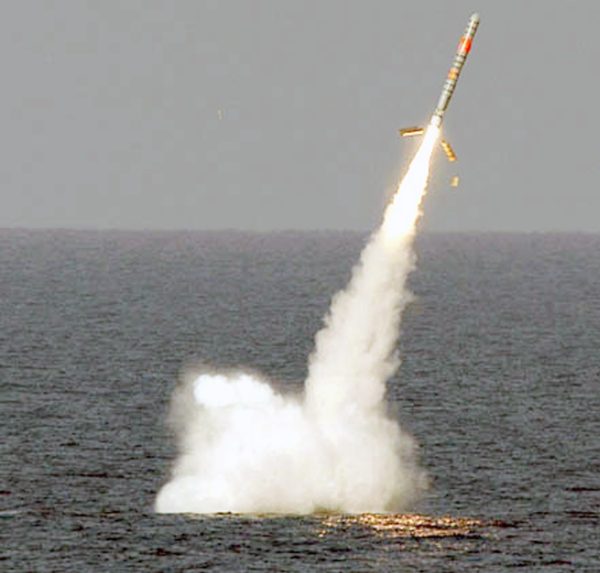More Evidence That Syria Is Not About Syria
As the theory develops on Amerika there are three basic approaches to politics:
- Ideology. This is based on what we “should” do from the perspective of the individual human as formed into groups of scared people called crowds. This generally focuses on abstractions based on the assumption of a universal human morality, and presupposes that history is linear from a primitive past to an Enlightened™ future which is more like the world as humans wish it were, or intend it to be, than the world as it is at a functional level.
- Pragmatism. Taking into account the powers that be, and the forces that act upon them, this outlook or attitude looks toward compromise and balance between different forces; Donald Trump refers to it as “deal-making” and it tends to consist of recognizing that any action requires trade-offs and will be made in trade for several something elses that other parties need or want.
- Realism. An anti-human perspective, realism looks at events through their end results, especially over time, as measured to all other possible options, which creates a preference for qualitative excellence as over time it returns the best consequences. This ignores human intentions and the politics of getting a group to work together and focuses not on what “should” be done, but what constitutes the best adaptive strategy given the reality of the world outside of human intentions and politics.
The Alt Right is a firm realist movement meaning that, having given up on equality and thus democracy, it has no concern for pacifying the fears of others nor for human intentions and desires masquerading as policy. But to get to realism, we may first need to see commonsense, aggressive ideas be proven as a foundation. There are many steps to a goal.
Trump presents himself as a pragmatist but has converted social conservative morality into a form of realism; in his mind, certain behaviors produce better results, and so he champions them not from a religious basis but a pragmatism of the world outside of politics. For this reason, his realism-pragmatism hybrid is probably a mystery to most people.
Last week, he displayed this attitude by launching a missile strike on a Syrian airbase, and Amerika has taken the politically unpopular opinion that this strike is part of his “America first!” vision and has little to do with Syria, but everything to do with Russia and China, possibly as a method of securing Chinese non-intervention in American military activity against North Korea.
If the United States wishes to intervene in Korea, we need to avoid expansion of theater through Chinese entry, which happened the last time American forces were defeating the North Koreans, prompting the first combat between Chinese and American units. The problem there is both the human wave tactics of the Chinese and the fact that, should America prevail, it will be viewed correctly as a threat to the Chinese homeland, which will cause the war to accelerate out of control. Fears of this happening in Indochina hampered American strategy in Vietnam to the point of nearly crippling it, all while Chinese and Soviet weapons and advisers flowed into North Vietnam. This is the nature of a proxy war; it is horrible when fought in a host country, but really bad if the actual combatants manage to tangle it up and start WWIII.
We can see some of the American interest in North Korea confirmed in reports of how the Syria strike was used as a political meme:
Last week nearly five dozen Tomahawk​ missiles were well on their way from U.S. destroyers in the Mediterranean to targets on a Syrian airfield before Trump leaned over to inform his Mar-a-Lago dinner guest, China’s President Xi Jinping.
One of their other conversation topics was North Korea’s determination to develop nuclear weapons and ICBMs to deliver them, Kim Jung-un says, to the United States. Trump deems this a threat to national security and vows to prevent it, with or without China’s help. Both men agreed on the North Korean nuclear threat.
Imagine this from a business perspective. You are having dinner with the new prospective client and you casually inform him that you have just beaten the competition at their own game. China, who has allied with Russia for the past seventy years, would perceive this as a shift in the game; the congenial host has taken pains to illustrate the benefits of collaboration, and show he can take the initiative.
It could entirely be unrelated, but at a similar time, China switched coal supplier from North Korea to the United States, seriously hampering the already fragile North Korean economy:
Following repeated missile tests that drew international criticism, China banned all imports of North Korean coal on Feb. 26, cutting off the country’s most important export product.
To curb coal traffic between the two countries, China’s customs department issued an official order on April 7 telling trading companies to return their North Korean coal cargoes, said three trading sources with direct knowledge of the order.
U.S. President Donald Trump and Chinese President Xi Jinping were discussing North Korea at Trump’s Mar-a-Lago resort on April 7.
The new Trump doctrine appears to be the best kind of intolerance: he recognizes that while America has desires for isolationism, and domestic problems at home, his presidency will be short if he allows unstable third world powers to gain access to weapons of mass destruction and delivery systems. North Korea threatens Japan, and Syria threatens Israel, both US allies and high-IQ countries.
Ideology bows down to pragmatism and a hint of realism here. On the plus side, if Trump crushes these problems, he builds momentum for his social reforms, including the possible budget reform that could downsize government and strip power from the Leftist welfare state, thus disempowering its base and forcing the “long march” into a retreat.
Tags: donald j. trump, ideology, pragmatism, realism, steve bannon










